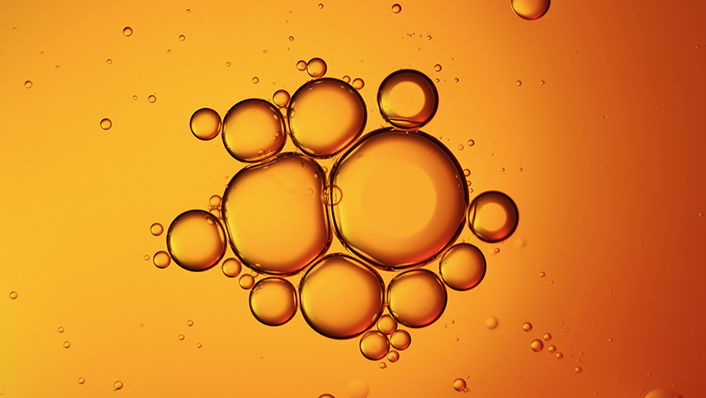Transforming Waste Cooking Oil into Renewable Fuels: A Practical Solution for Sustainability

What if the used cooking oil sitting in your kitchen could play a role in reducing carbon emissions? Converting waste cooking oils (WCO), or used cooking oils (UCO), into renewable fuels and petrochemical feedstocks can reduce the carbon footprint of these products compared to those derived from crude oil. One promising method for achieving this transformation is co-processing WCO in the Fluid Catalytic Cracking (FCC) unit—an approach that leverages existing refinery assets and processes to fast-track the production of low-carbon intensity fuels and petrochemicals.
How It Works
- Feedstock Preparation: The journey begins with collecting waste cooking oil, which can be pre-treated to remove impurities like water, food particles, and contaminants. An adsorbent like TRISYL® silica from Grace can help maximize the service life of catalysts by removing trace materials and impurities from difficult to refine feedstocks like waste cooking oil.
- Catalytic Cracking: The WCO is fed to the FCC unit, where it's heated and vaporized. Here, it meets a catalyst that breaks large molecules into smaller, more useful hydrocarbons.
- Product Separation: The cracked products are separated into distinct boiling fractions including gasoline and diesel. These fractions are further refined to meet precise fuel and petrochemical standards. Analyzing the biogenic carbon content (from renewable, biological sources like plants vs. fossil-based sources) enables compliance with regulatory requirements, while capturing additional value through credits and premium markets.
Why This Matters
For refineries equipped with FCC units, incorporating WCO into existing processes often requires minimal investment, making renewable fuel production more attractive. Co-processing renewable feedstocks like WCO not only helps refiners meet evolving regulatory standards but also unlocks premium market opportunities for low-carbon intensity products.
That said, working with feedstocks like WCO isn’t without challenges. Heteroatoms like oxygen and impurities such as metals (alkali and alkaline earth) can complicate handling and processing. At Grace, we’ve partnered with refiners across the globe to tackle these obstacles, offering expert guidance on storage, processing, and minimizing impacts on FCC and downstream units.
Driving Innovation for a Circular Economy
The challenges posed by co-processing have fueled groundbreaking research at Grace to create advanced catalytic solutions that enable higher FCC co-processing rates. Processing WCO through the FCC represents a remarkable step toward producing renewable fuels, paving the way for a more sustainable, circular economy.
Join us in making waste cooking oil a part of the solution to carbon emission reduction.